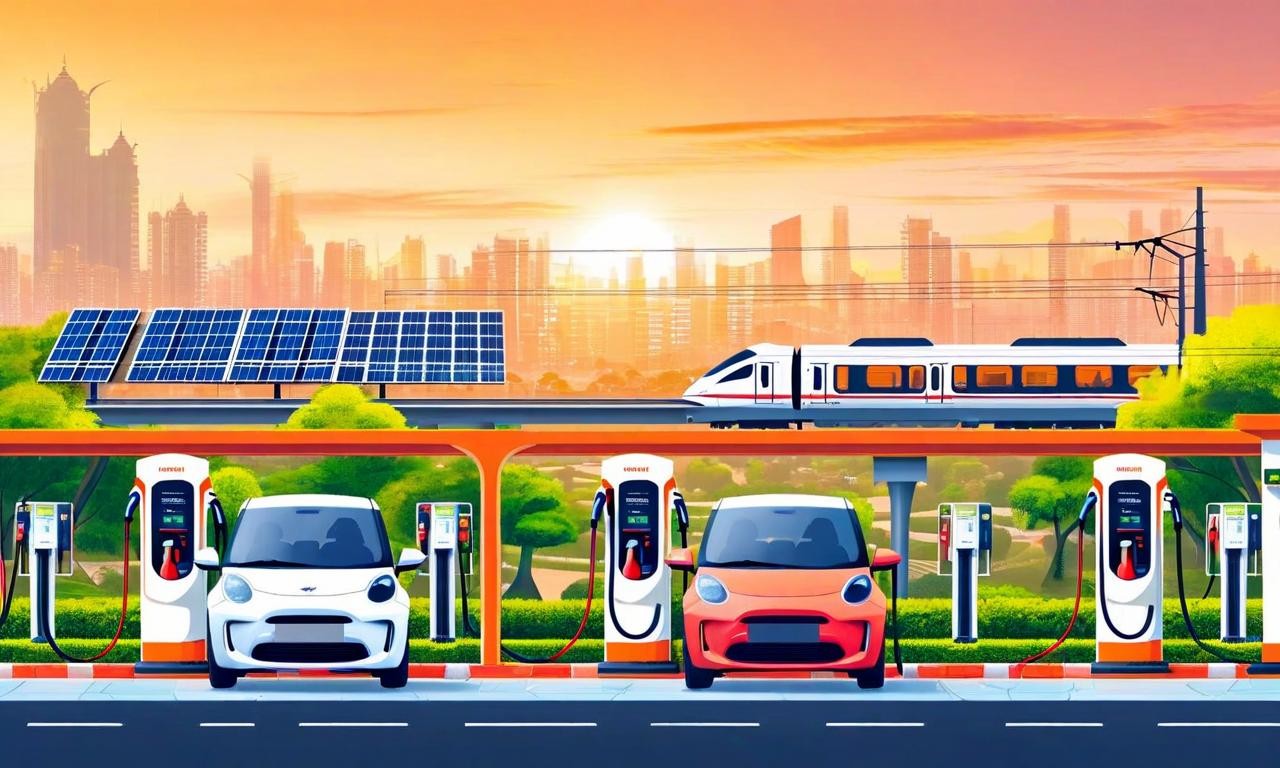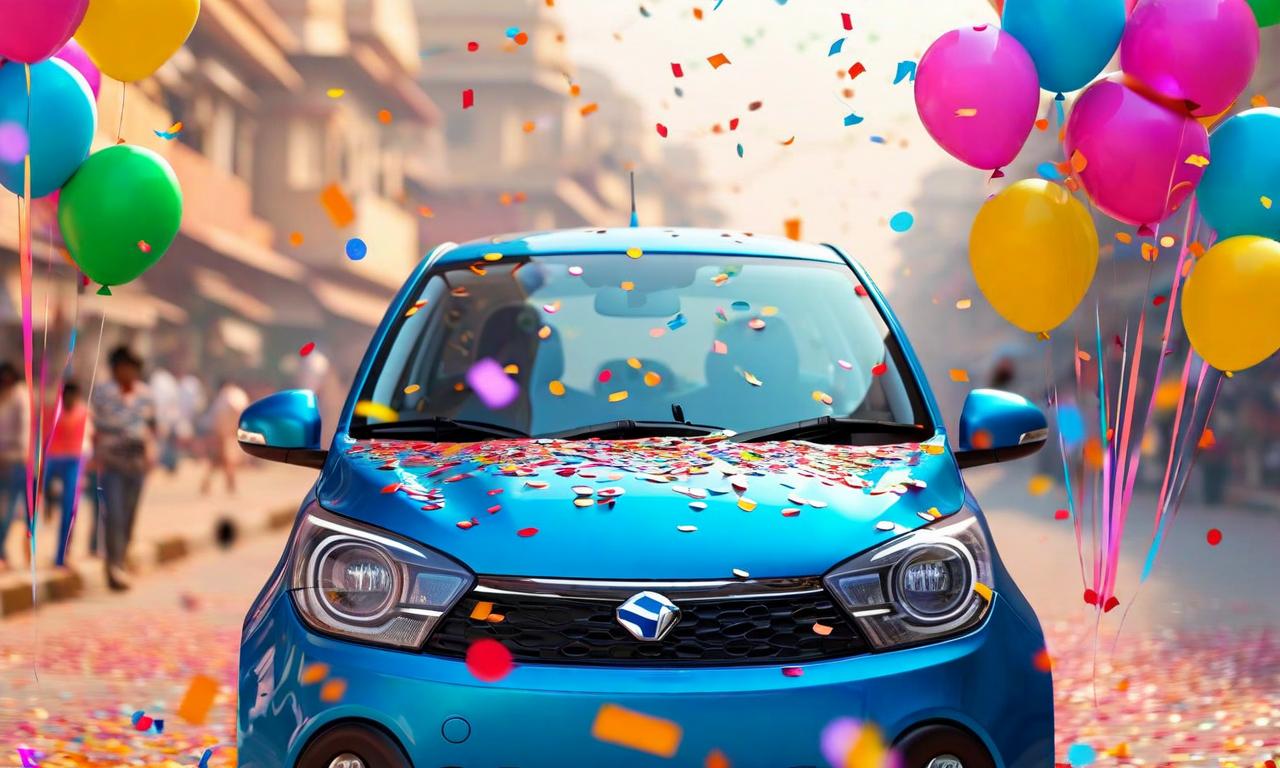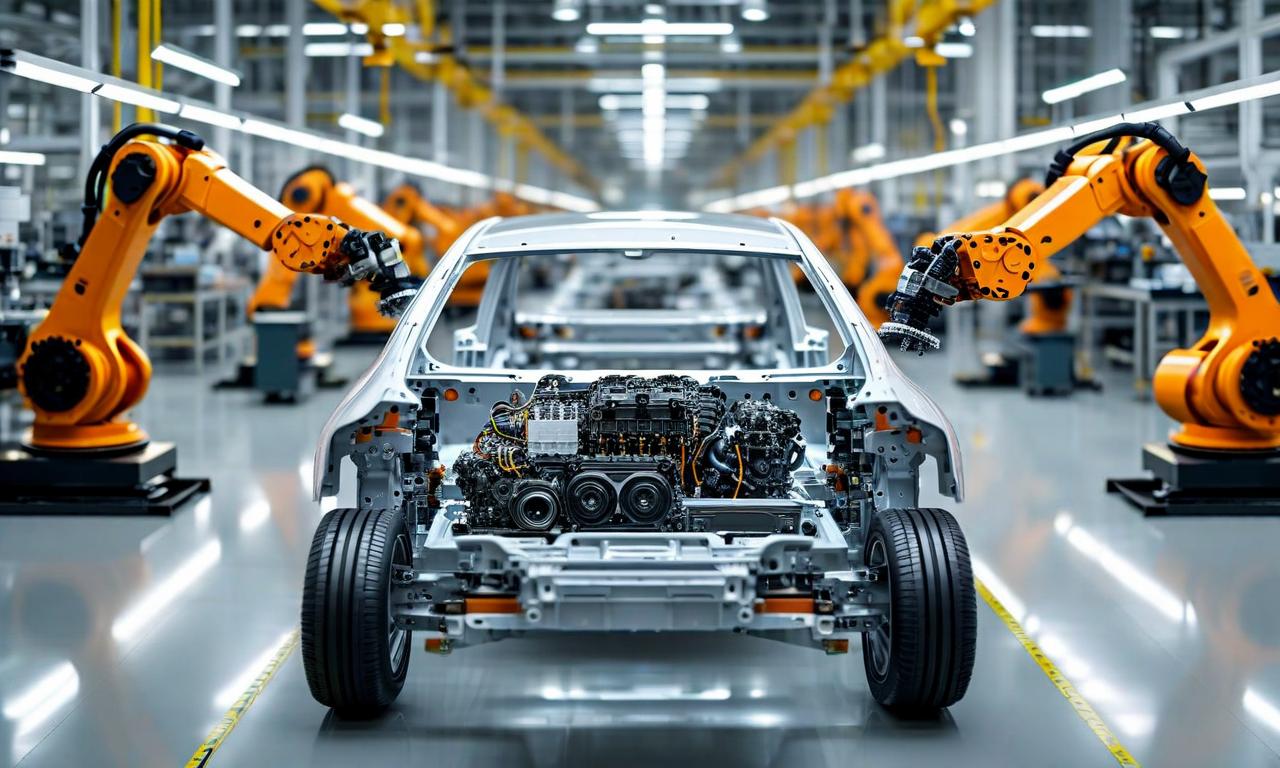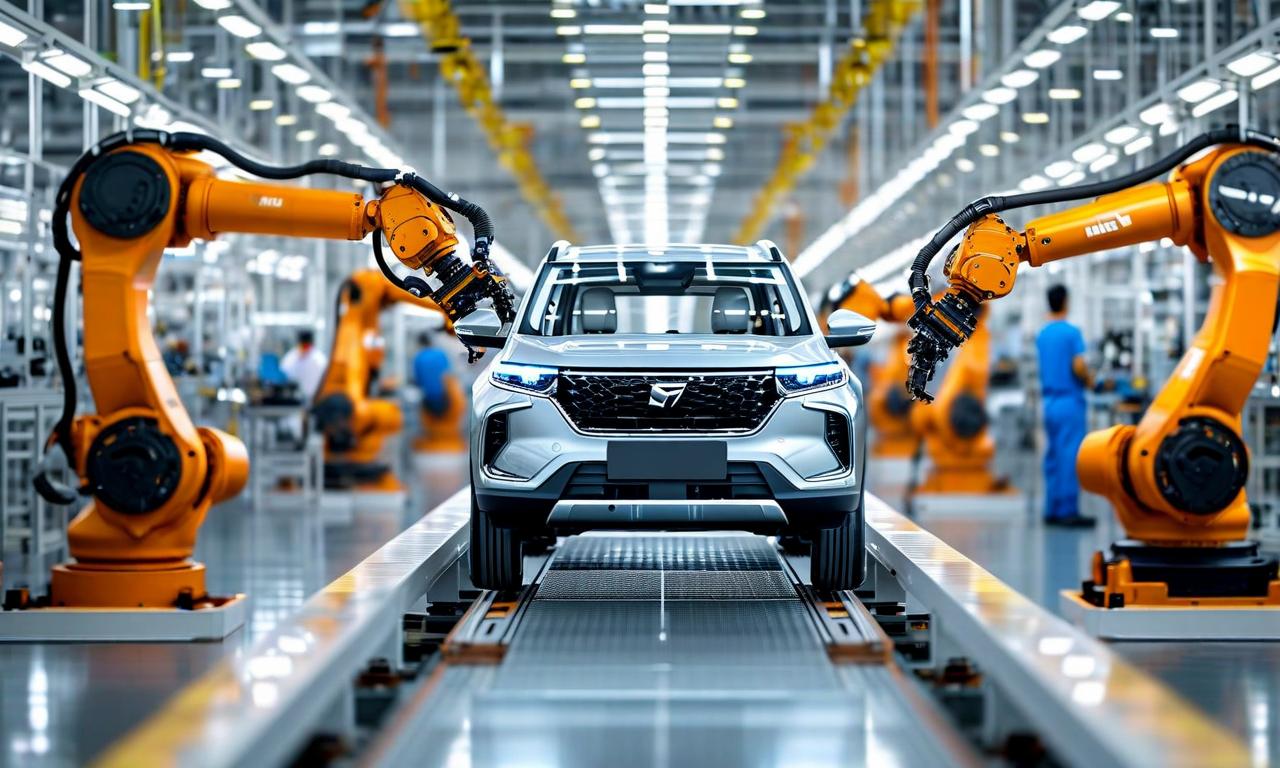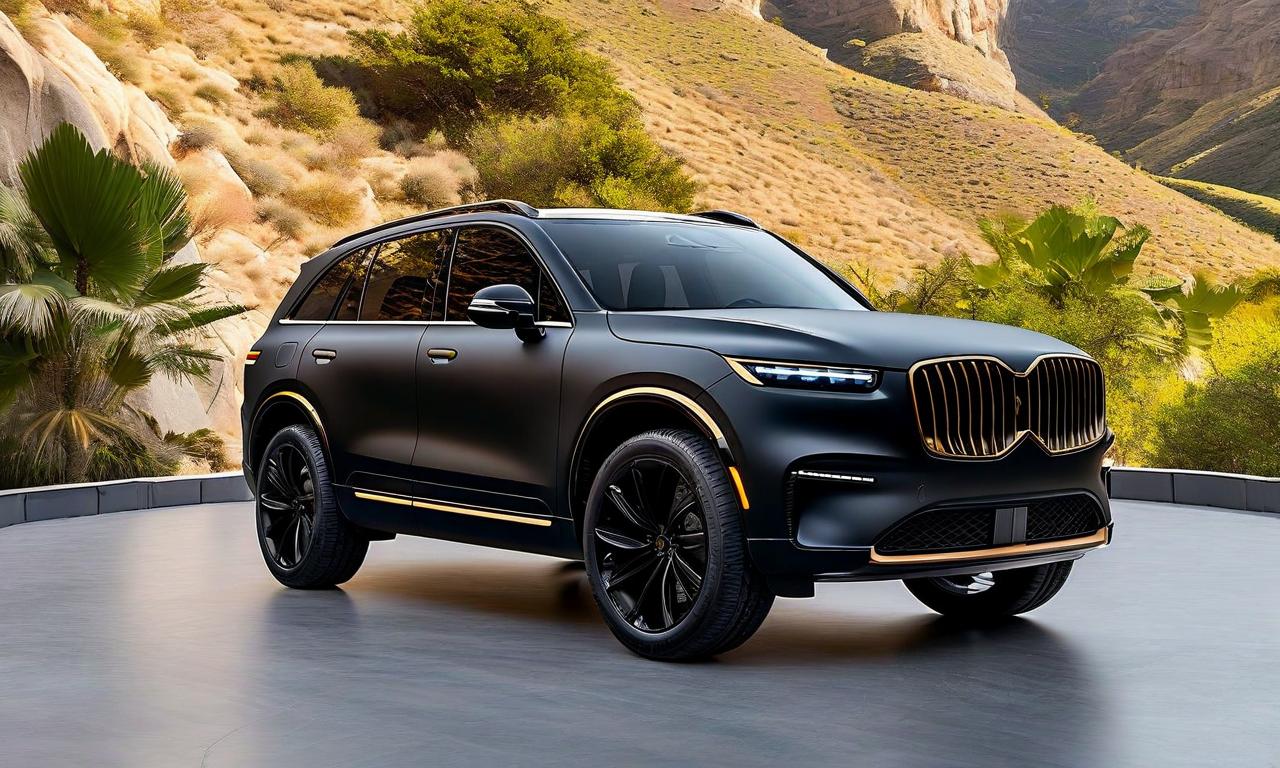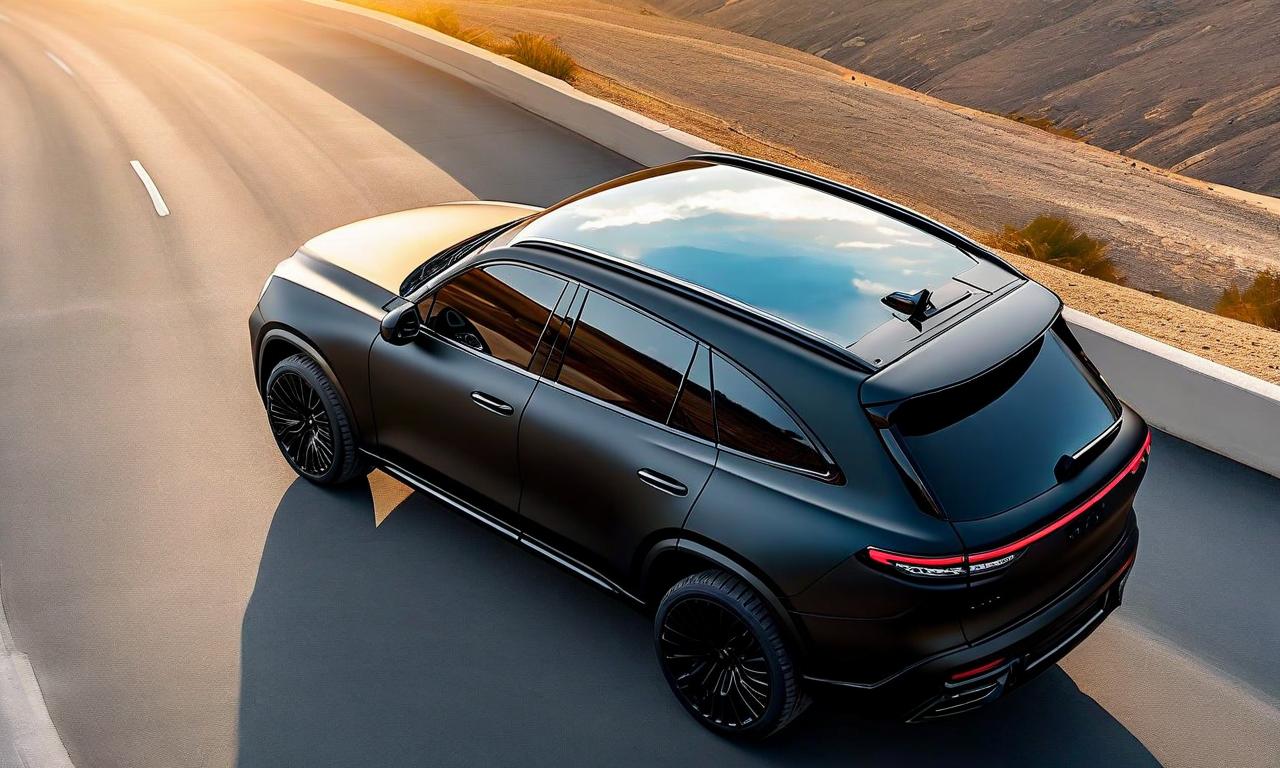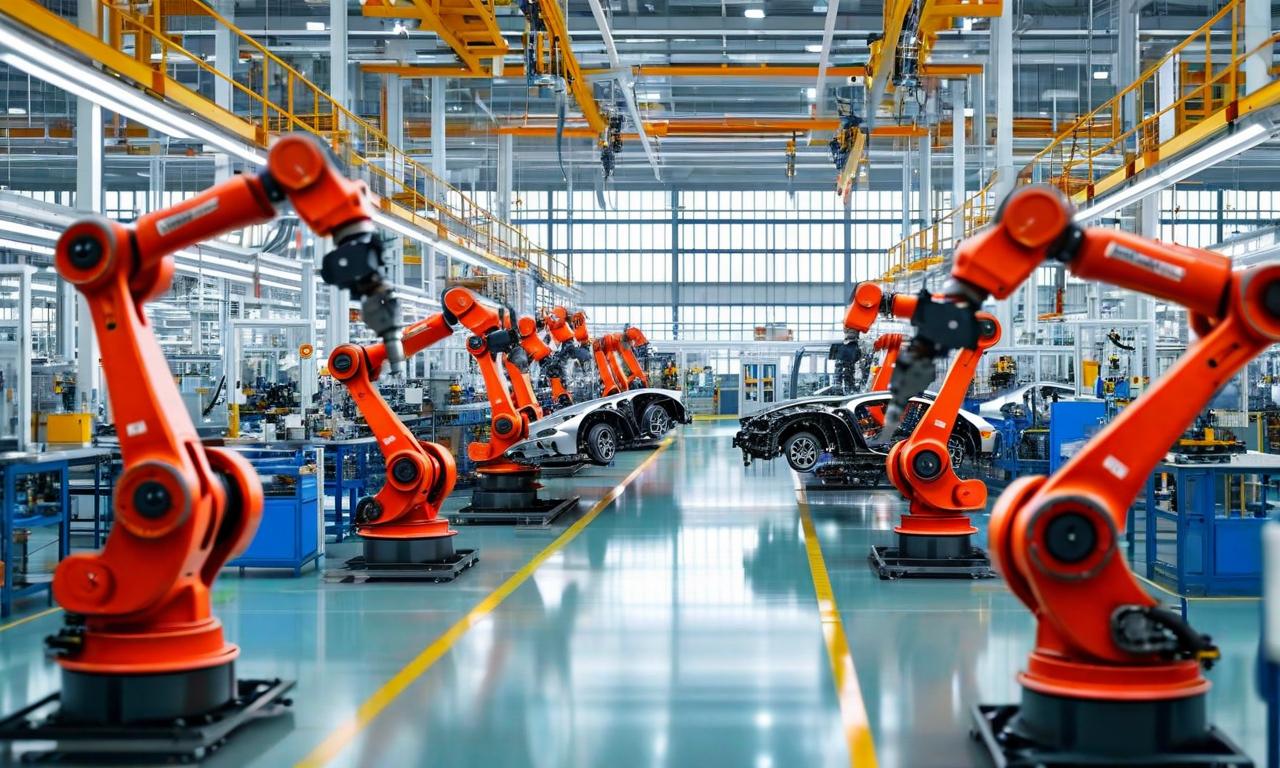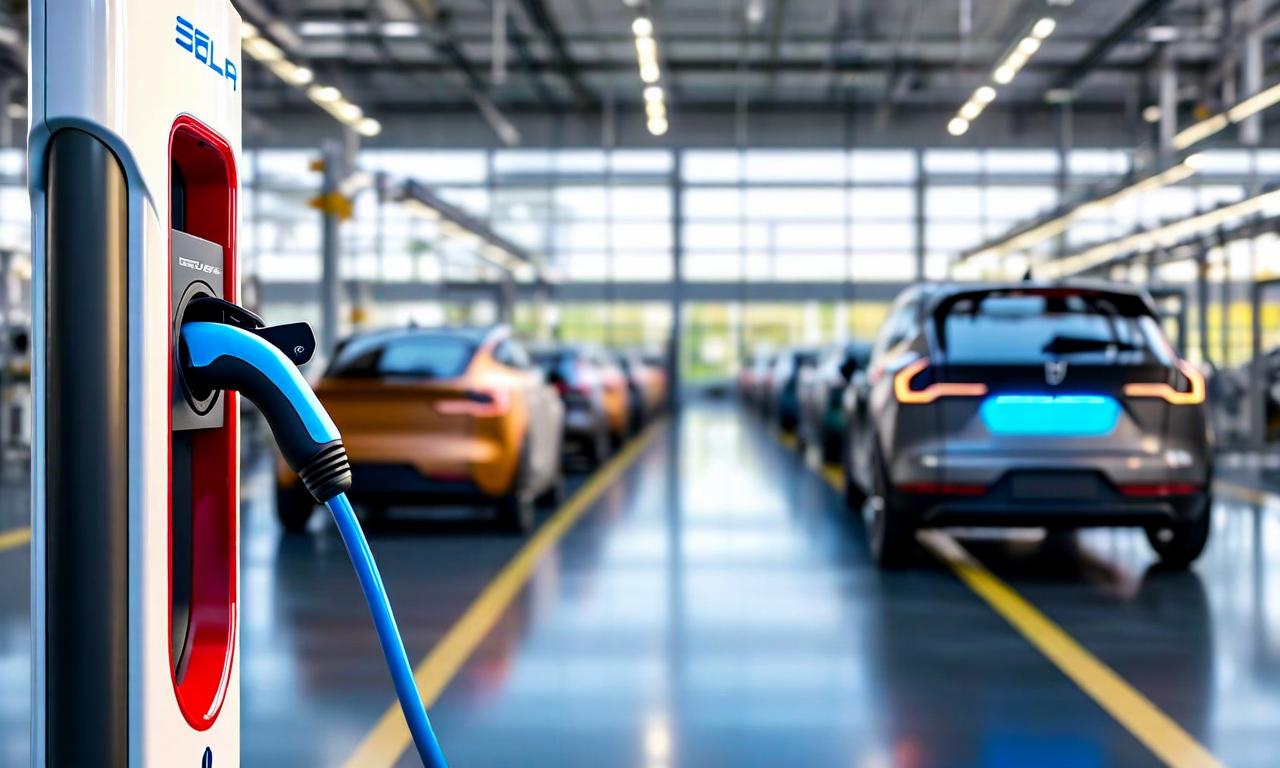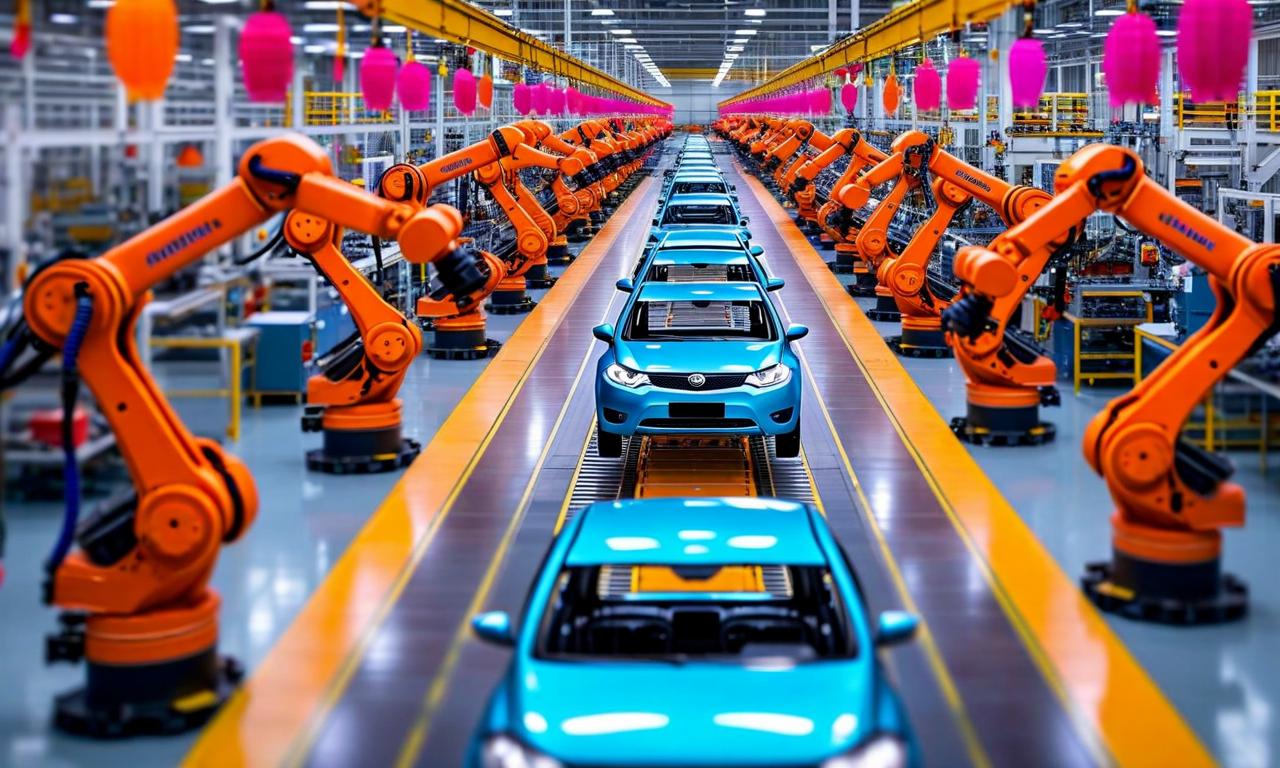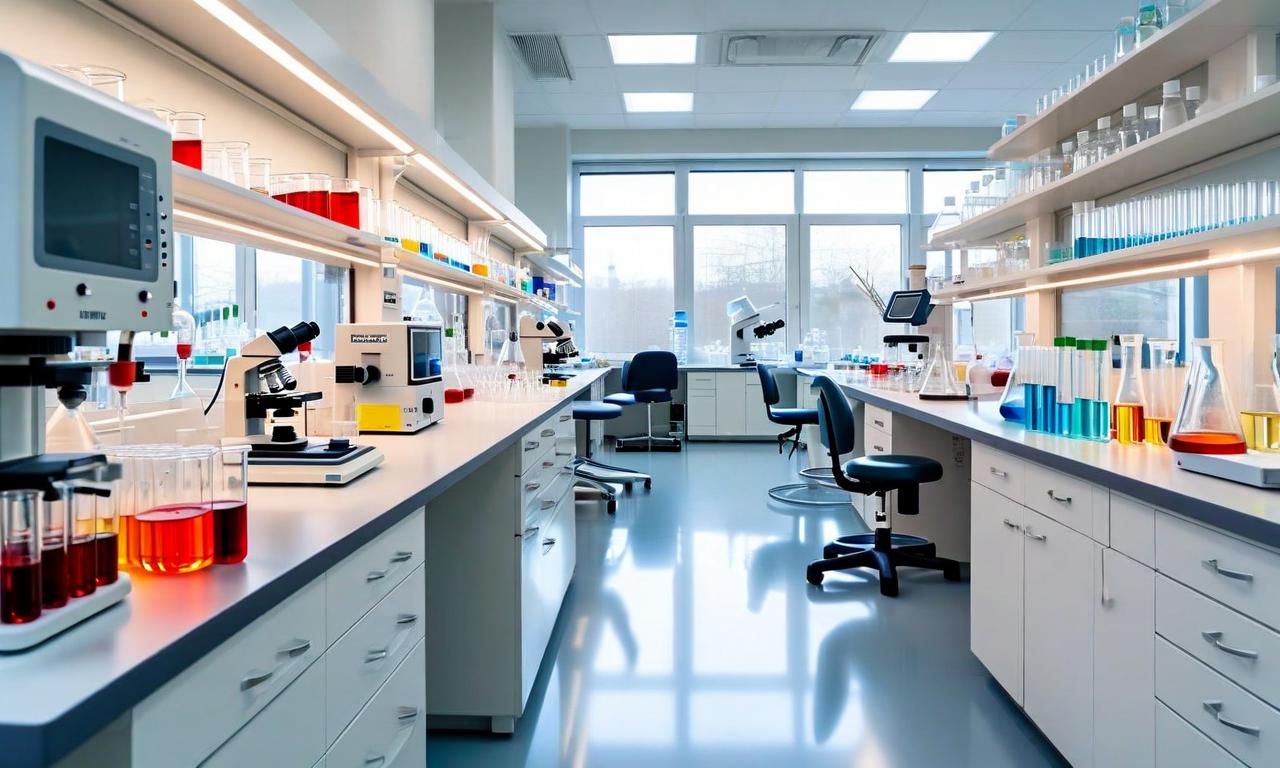Maruti Suzuki's EV Export Plans and India's Competitive Edge in Global Markets
Prime Minister Narendra Modi inaugurated Suzuki's e-VITARA battery electric vehicle (BEV) in Gujarat, marking India's emergence as a global EV manufacturing hub. The e-VITARA, made in India, will be exported to over 100 countries. Modi also launched hybrid battery electrode production at the TDS Lithium-Ion Battery plant, a joint venture between Toshiba, Denso, and Suzuki. Maruti Suzuki plans to invest 700 billion rupees over 5-6 years in its Gujarat plant and has started producing lithium-ion battery cells for hybrid vehicles. The event included inauguration of power distribution projects worth over Rs 1,000 crore.
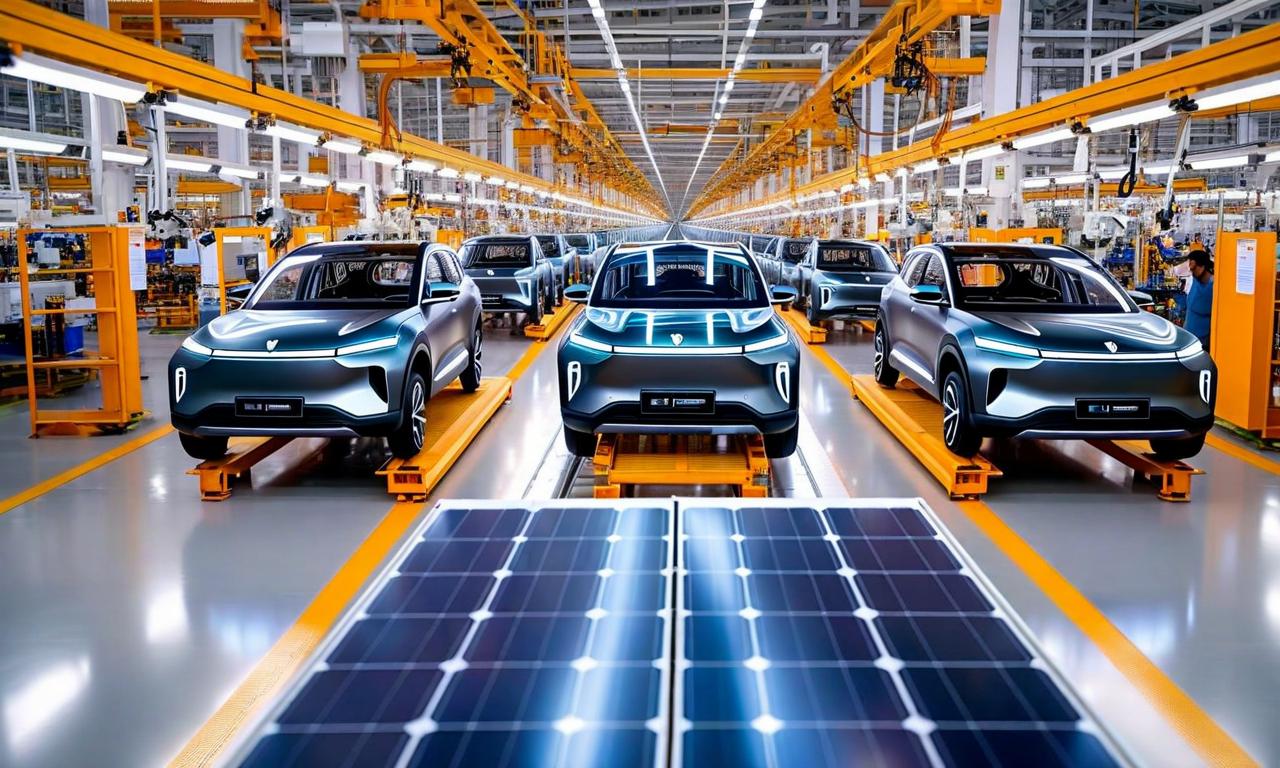
*this image is generated using AI for illustrative purposes only.
Prime Minister Narendra Modi has marked a significant milestone in India's automotive and clean energy sectors by flagging off Suzuki's e-VITARA battery electric vehicle (BEV) at a ceremony in Hansalpur, Gujarat. This event underscores India's growing role as a global manufacturing hub for electric vehicles.
Global Export of Made-in-India EVs
The e-VITARA, manufactured in India, is poised to make its mark on the international stage. Suzuki plans to export this electric vehicle to over 100 countries, including major markets in Europe and Japan. This move not only showcases India's manufacturing capabilities but also positions the country as Suzuki's global manufacturing center for electric vehicles.
Maruti Suzuki Chairman RC Bhargava emphasized that India does not need protection from US tariff measures to remain competitive in global markets. The company will scale its electric and hybrid vehicle production based on demand, with one production line having a capacity of 250,000 units. Currently, all production is directed towards exports until domestic sales are announced.
EV and Hybrid Vehicle Production
Bhargava advocated for tax differentiation between vehicle technologies based on fuel efficiency and pollution performance, noting that petrol and diesel vehicles are currently taxed the same as hybrid and CNG vehicles. He highlighted that globally, both EVs and hybrids are selling well, with hybrids slightly ahead in most countries except China.
Boost to Domestic Battery Production
Modi inaugurated the production of hybrid battery electrodes at the TDS Lithium-Ion Battery plant in Gujarat. This facility is a joint venture between Toshiba, Denso, and Suzuki. The commencement of electrode production is a significant step towards localizing the EV supply chain, with over 80.00% of battery value now set to be manufactured within India.
Power Infrastructure Upgrades
The Prime Minister's visit also included the inauguration of power distribution projects valued at over Rs 1,000.00 crore. These projects, under the Uttar Gujarat Vij Company Limited, span across Ahmedabad, Mehsana, and Gandhinagar. The initiatives aim to reduce losses and modernize the electricity network, supporting the growing demand for power, including that from the expanding EV sector.
Implications for India's Automotive Sector
This series of inaugurations and launches highlights India's commitment to becoming a key player in the global EV market. By serving as Suzuki's hub for EV manufacturing and focusing on localizing critical components like batteries, India is positioning itself at the forefront of the automotive industry's electric revolution.
The export of the e-VITARA to major international markets demonstrates the quality and competitiveness of Indian-made electric vehicles on the global stage. This development is likely to attract further investments in the country's EV ecosystem and boost India's reputation as a manufacturing powerhouse.
Maruti Suzuki's Major Investment and Battery Production
In a significant development, a Suzuki Motor Co. executive announced that Maruti Suzuki India's Gujarat plant will serve as a major production center. The company plans to invest 700.00 billion rupees over the next 5-6 years, further solidifying Gujarat's position as a key automotive manufacturing hub.
Additionally, Maruti Suzuki India has achieved a notable milestone by commencing production of lithium-ion battery cells for hybrid vehicles. This move aligns with the company's strategy to localize critical components and strengthen its position in the evolving automotive landscape.
As the automotive industry worldwide shifts towards electrification, India's strategic moves in EV manufacturing and battery production are timely and significant. These developments are expected to create new job opportunities, drive technological advancements, and contribute to the country's economic growth while aligning with global sustainability goals.
Maruti Suzuki shares closed 1.85% higher at Rs 14,720.00 on the NSE, reflecting positive market sentiment towards these developments.
Historical Stock Returns for Maruti Suzuki
| 1 Day | 5 Days | 1 Month | 6 Months | 1 Year | 5 Years |
|---|---|---|---|---|---|
| -3.16% | -3.93% | -5.62% | -2.22% | +16.21% | +105.10% |

